Everyone loves to feel a personal connection to history. If the subject of Native Americans ever comes up around my wife's family all present will be told that they are direct descendants of Pocahontas. My ancestors' last name used to be Neilson, which is Danish, but they anglicized it to Nelson when they arrived in America. Now thanks to the American Mathematical Society and some mathematicians at North Dakota State University, academics can so the same. The AMS and NDSU's math department have combined forces to produce the Mathematics Genealogy Project - an online, search-able database of mathematicians and like-minded physical scientists with over 145,000 individual entries of mathematicians and scientists dating back to the 14th century.
My adviser's degree is in applied math (as far as I can tell British universities call theoretical physics applied math), so I have a link into the system. Here are a few of my more notable direct academic ancestors:
G.I. Taylor (2nd Great-Grandfather): Experimentally showed that the inference pattern of photons passing through a double-slit set-up persisted even if only 1 photon was present at a time; one of the early pioneers in turbulence research; famously calculated the yield of the first atomic bomb from a photo on the cover of Life magazine to within 10% (to the annoyance of the US government, who had kept the yield secret)
J.J. Thompson (3rd Great-Grandfather): Discoverer of the electron (for which he won the 1906 Nobel prize) and isotopes; inventor of the mass spectrometer; proponent of the delicious-sounding "plum pudding" model of the atom, which was tragically later shown to be inaccurate
John William Strutt, 3rd Baron Rayleigh (4th Great-Grandfather): Discoverer of argon (for which he won the 1904 Nobel Prize) and Rayliegh scattering, which explains why the sky is blue and the sun is yellow; invented the Rayleigh number, a dimensionless fluid parameter which controls the onset of convection; figured out how human ears use phase differences in sound waves to tell where a sound originates
Issac Newton (14th Great-Grandfather): Inventor of calculus and Newton's laws of motion; discoverer gravity in the scientific sense; invented and built the first reflecting telescope; originator of the corpuscular theory of light and the concept of lumineferous aether because not even Newton could get everything right
Galileo Galilei (17th Great-Grandfather): Inventor of the telescope; Father of the scientific revolution; had a little misunderstanding with the Pope; discoverer Jupiter's 4 largest moons, the phases of Venus, and sun spots (although their are some indications that Chinese astronomers beat him to it by looking directly at the sun with their bare eyes)
Like I said, everyone likes to feel a connection to the past and then tell everyone else about it.
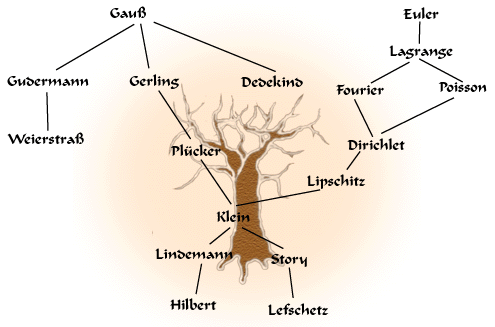
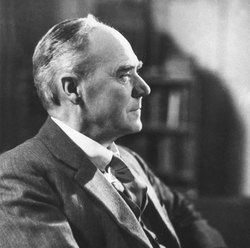
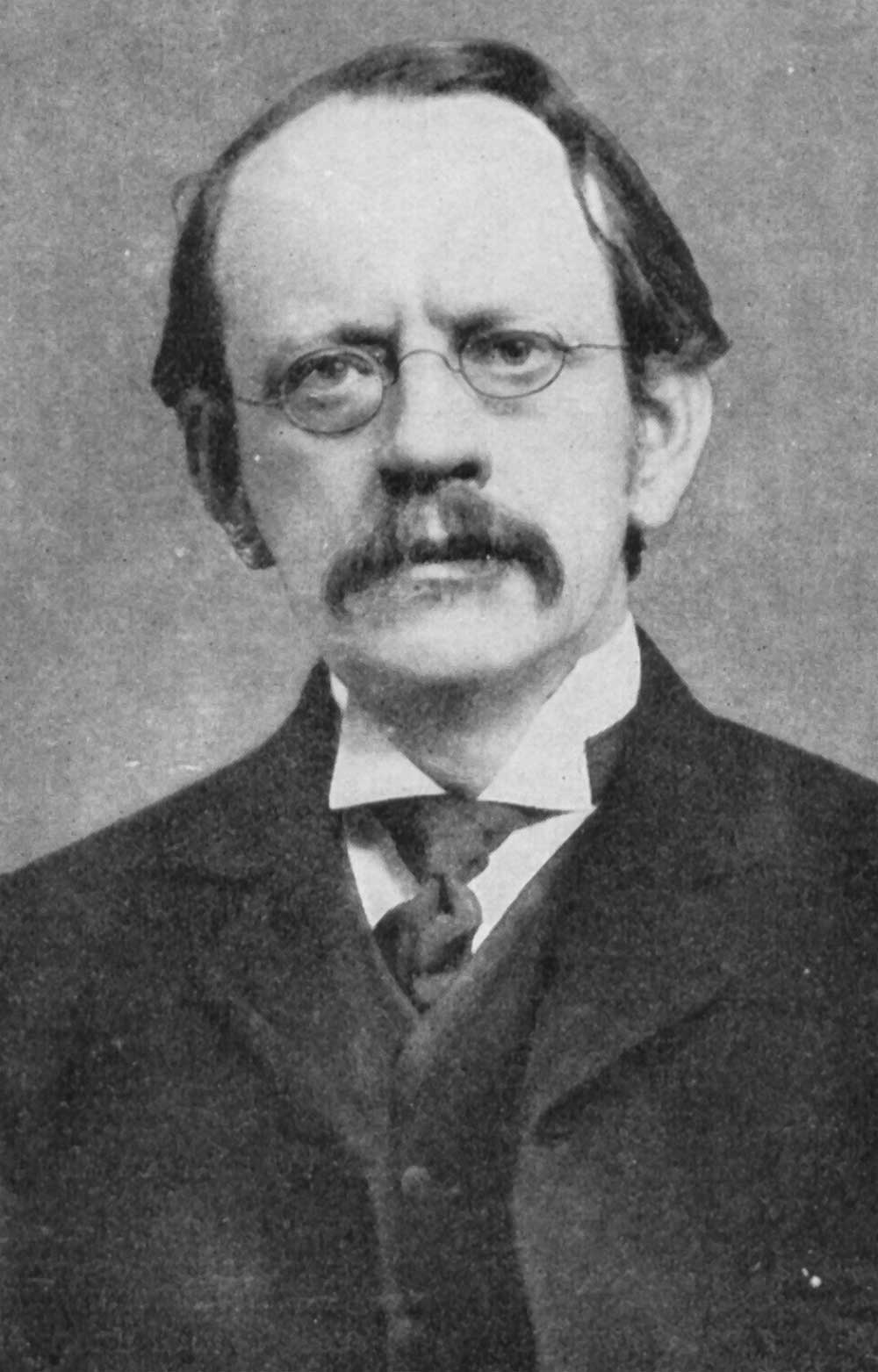
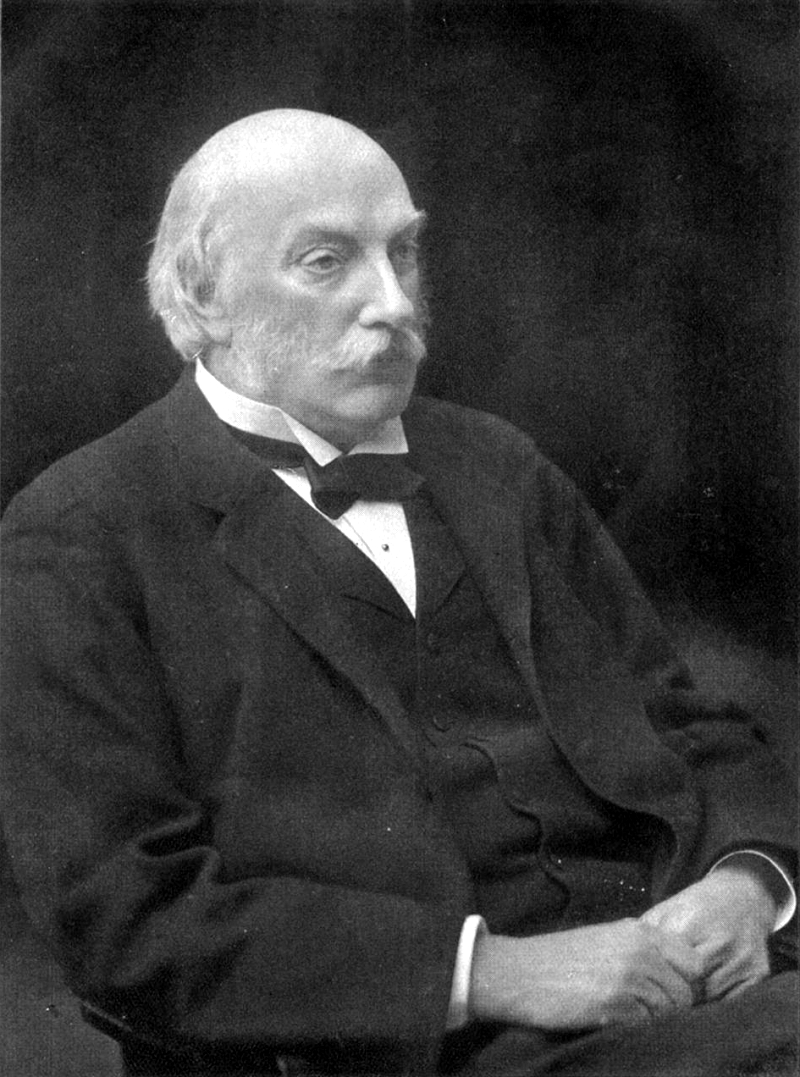

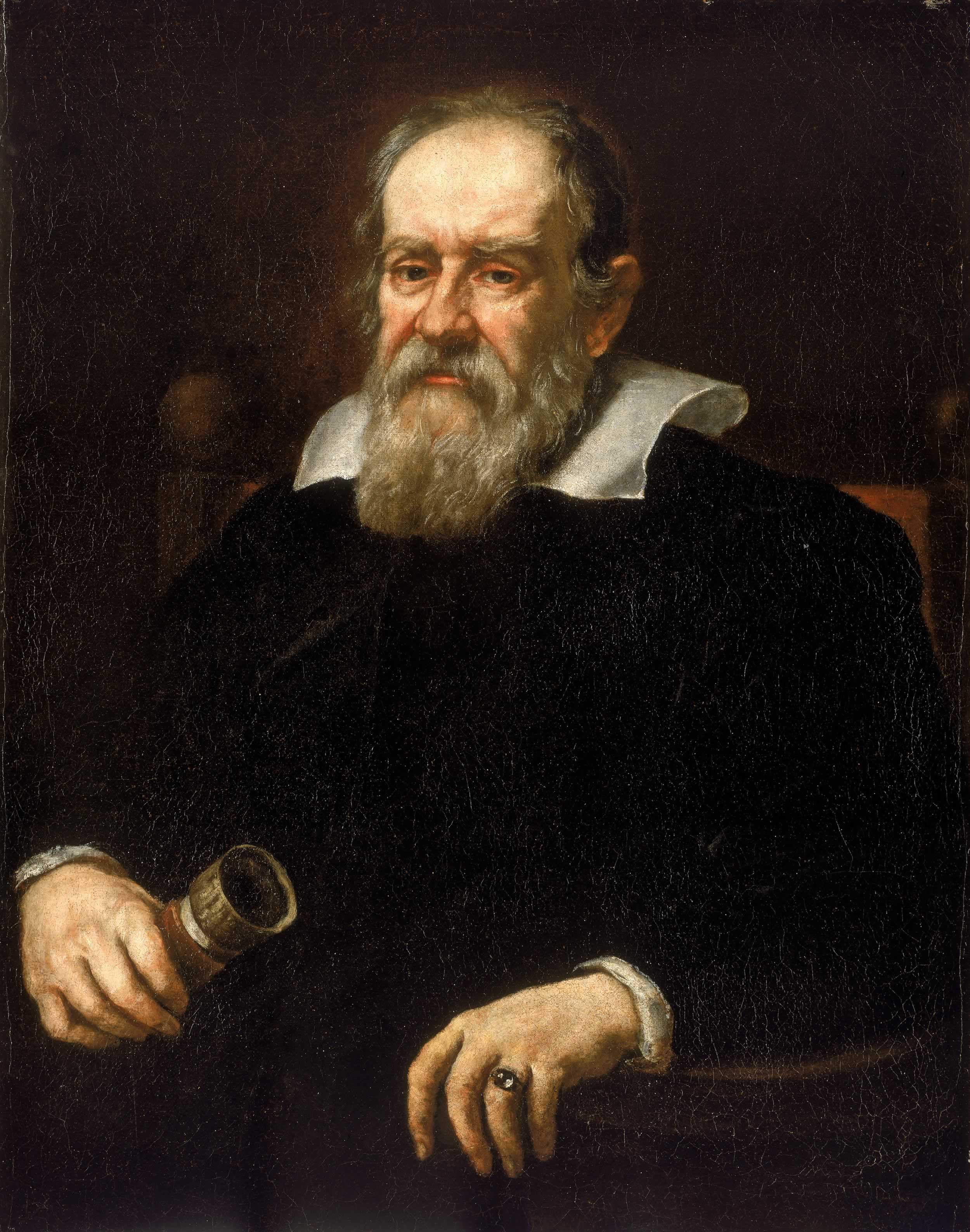
Hmm, that's a cool idea Nick. I only know back to my grand-father, Martin Rees. He did lots of cool stuff with black holes, and is now the Astronomer Royal of England. I'm going to have to do some work to track my genealogy now.
ReplyDeleteAndrew,
ReplyDeleteIt looks like Martin Rees is in their database. Without much effort I was able to follow one direct line back to the 15th century in Germany/Holland (although if my limited knowledge of European history serves neither of those countries existed at that point so I'm not sure how that works).
That's cool! My advisor is in there. I guess I have a pretty good geneology tree back through Germany. I didn't notice anyone super famous though.
ReplyDeletejmb275,
ReplyDeleteIt seems like there are really four or so big "lines" that go way back which go through Cambridge, Italian universities, the University of Paris, or German universities. I'm sure this is an over-simplification but so far it seems to hold. If you connect into the Cambridge line you almost by definition connect back to Newton and Galileo.
That's a great find Nick! BTW you forgot your fifth great grand father in the Cambridge line; George Gabriel Stokes. I think many of your current research would be impossible if not for his findings.
ReplyDeleteHossam,
ReplyDeleteThere are actually a few more notable names in my ancestry, including Stokes (as you mentioned), Adam Sedgwick who was one of the founders of modern geology, and Roger Cotes who was the original discoverer of what we now call Euler's formula (exp(i*x) = cos(x) + i*sin(x)). It's fun to see all the famous names that came down through Cambridge and then get to put myself on the end of the line.
Wow! I must say I am jealous. As a hard-core experimentalist, I have only a minimal listing on that tree. The only adviser I've had that's even on the list is Scott Glasgow, and he got his degree in applied math. Both his listed advisers were physicists, so that's the end of the line there. I'd bet if they had a similar tree for physicists or other physical scientists, I'd tie in a bit better, but as it is I've got a pretty short listing. Great resource, though.
ReplyDeleteBill,
ReplyDeleteOf course you can always add data yourself, but it helps to have connections back to England where physicists often had their degrees awarded in applied math.